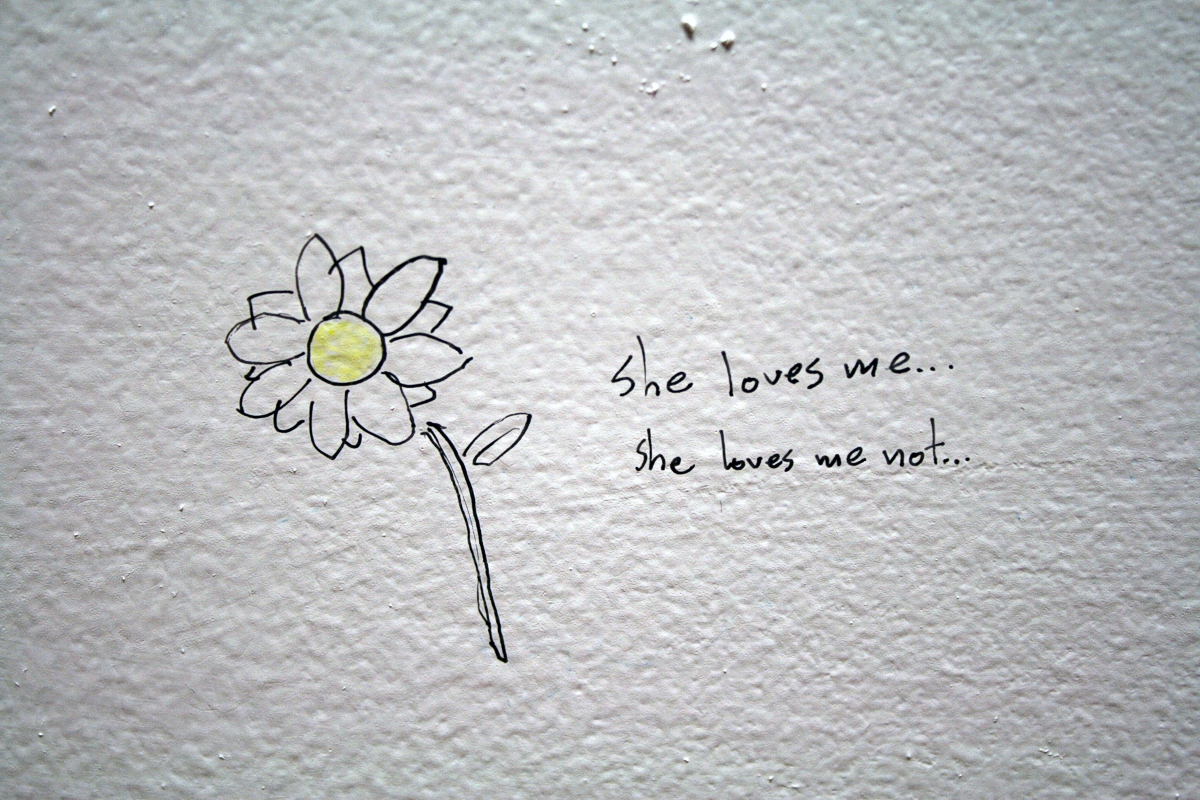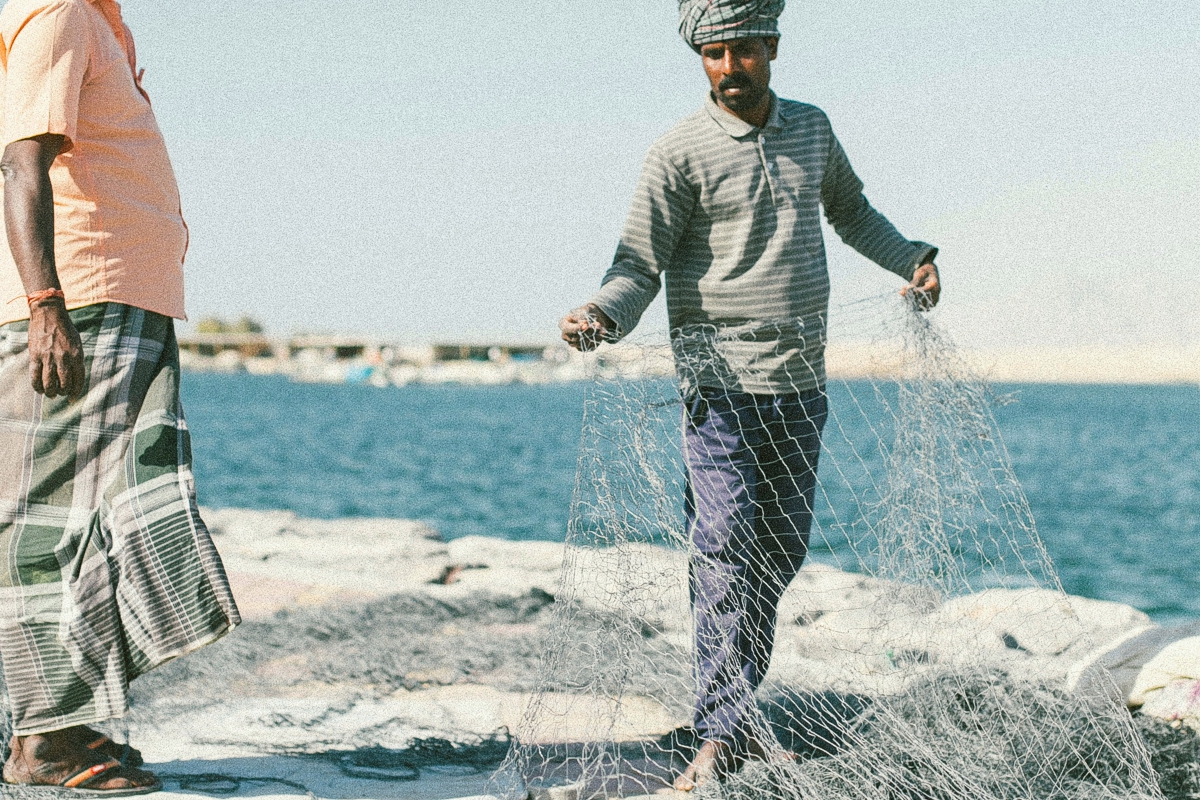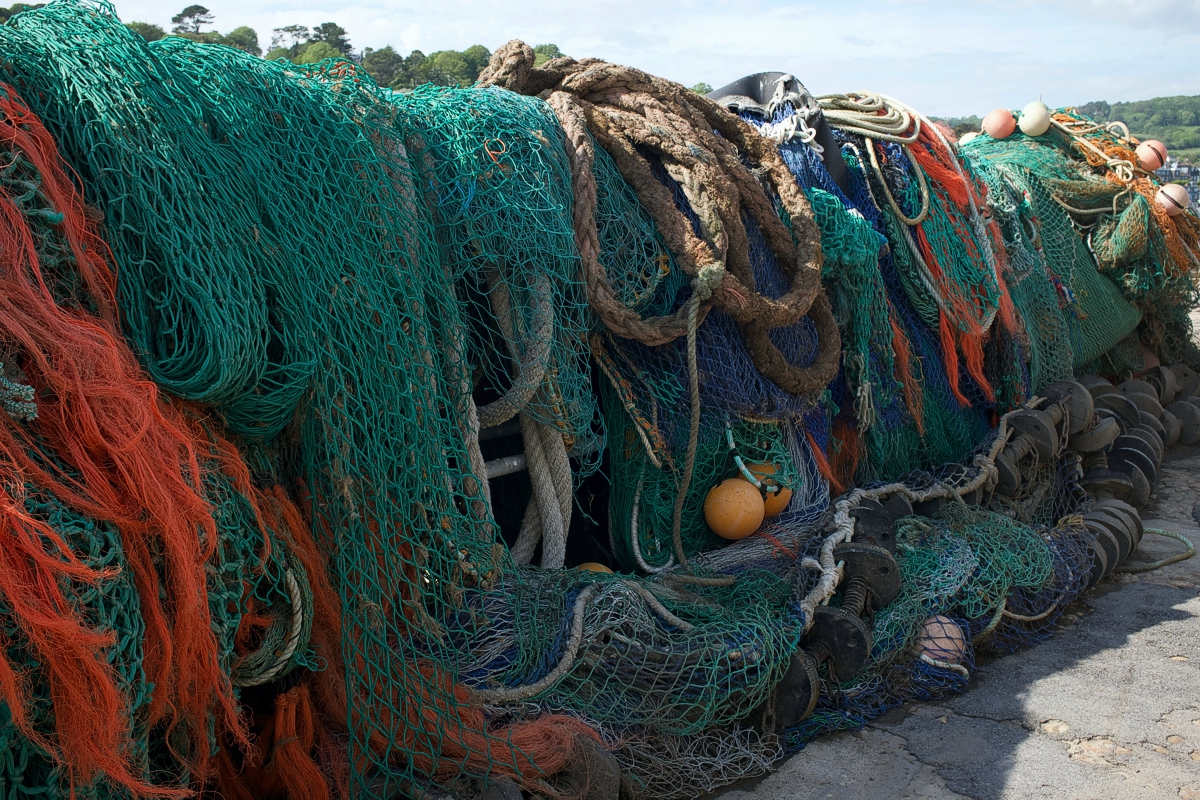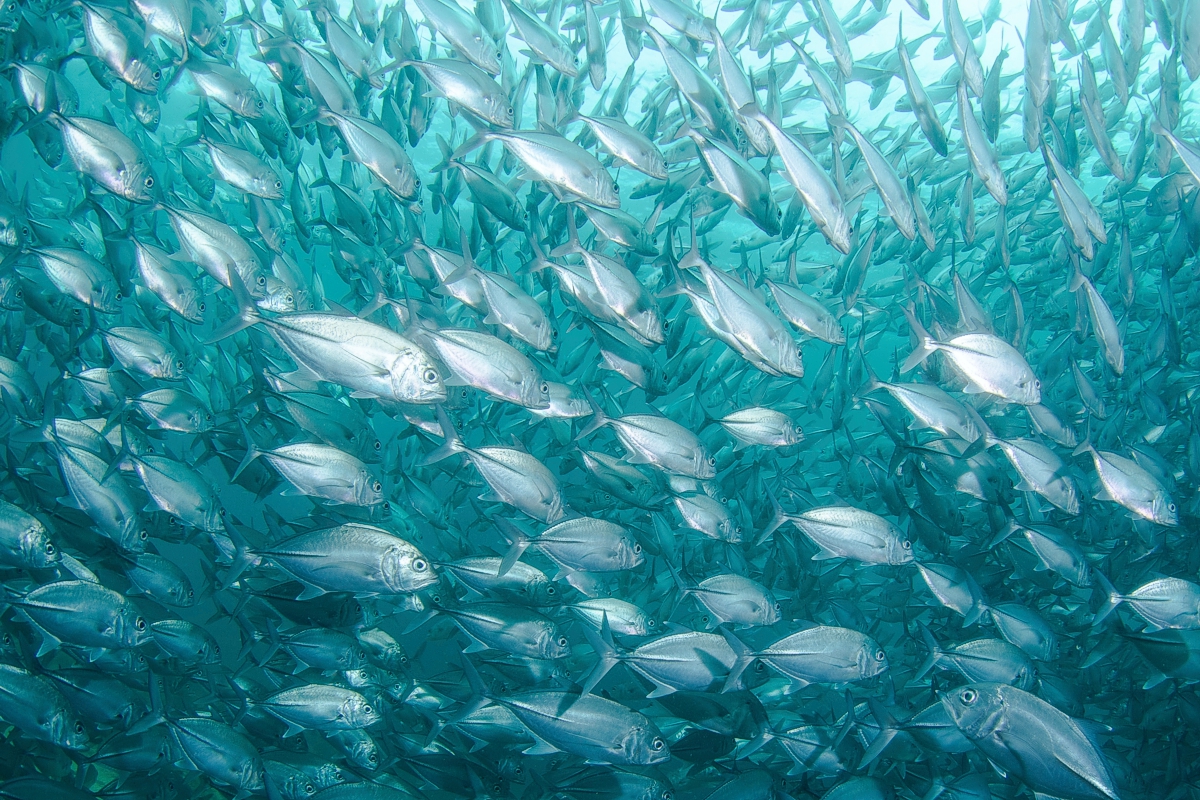Agreement by February 29 depends on four weeks of intensive talks. Can members settle their many differences?
See also:
Updates, timeline and links | all articles tagged “fisheries subsidies”
Technical note on subsidies for fisheries
By Peter Ungphakorn
POSTED JANUARY 2, 2024 | UPDATED JANUARY 13, 2024
A new draft and explanatory note on the Fisheries Subsidies Agreement’s “missing piece” was circulated to members on December 21, 2023, the World Trade Organization’s final working day of the year.
The chair, Ambassador Einar Gunnarsson of Iceland, has given WTO members four weeks from January 15 to February 9, 2024 to try to agree on a final version, which they would submit to the February 26–29 Ministerial Conference in Abu Dhabi.
SUMMARY
Too long, don’t want to read? If you just want the essence, stick with this SUMMARY section, which is about 15 short paragraphs. Continue beyond that if you want the DETAILS. Right at the end are the full texts. This article is long because a lot remains to be sorted out. The chair’s explanation is a seven-page document.

UPCOMING KEY FISH DATES
Over the New Year — Some consultations possible, but generally a break
January 15–February 9 — “fish month” of intensive talks
February 14 — final General Council meeting before the Ministerial Conference
February 15–25 — delegations’ preparations: coordinating with capitals and ministers, travelling to Abu Dhabi
February 26–29 — Ministerial Conference
For the first time since he floated a trial text in September, Gunnarsson released this version publicly.
The chair’s draft and his accompanying explanation are reproduced side by side below. An explanation of the details is also below. (The original pdf format of the draft is here and the accompanying explanation is here).
The chair’s detailed explanation shows that differences still have to be bridged throughout the text, although it remains to be seen where countries’ real red lines are, and whether they can compromise at the last minute. In 2022 they still couldn’t, 21 years after the talks were launched.
Continue reading “Chair issues new draft before final fisheries subsidies month”







